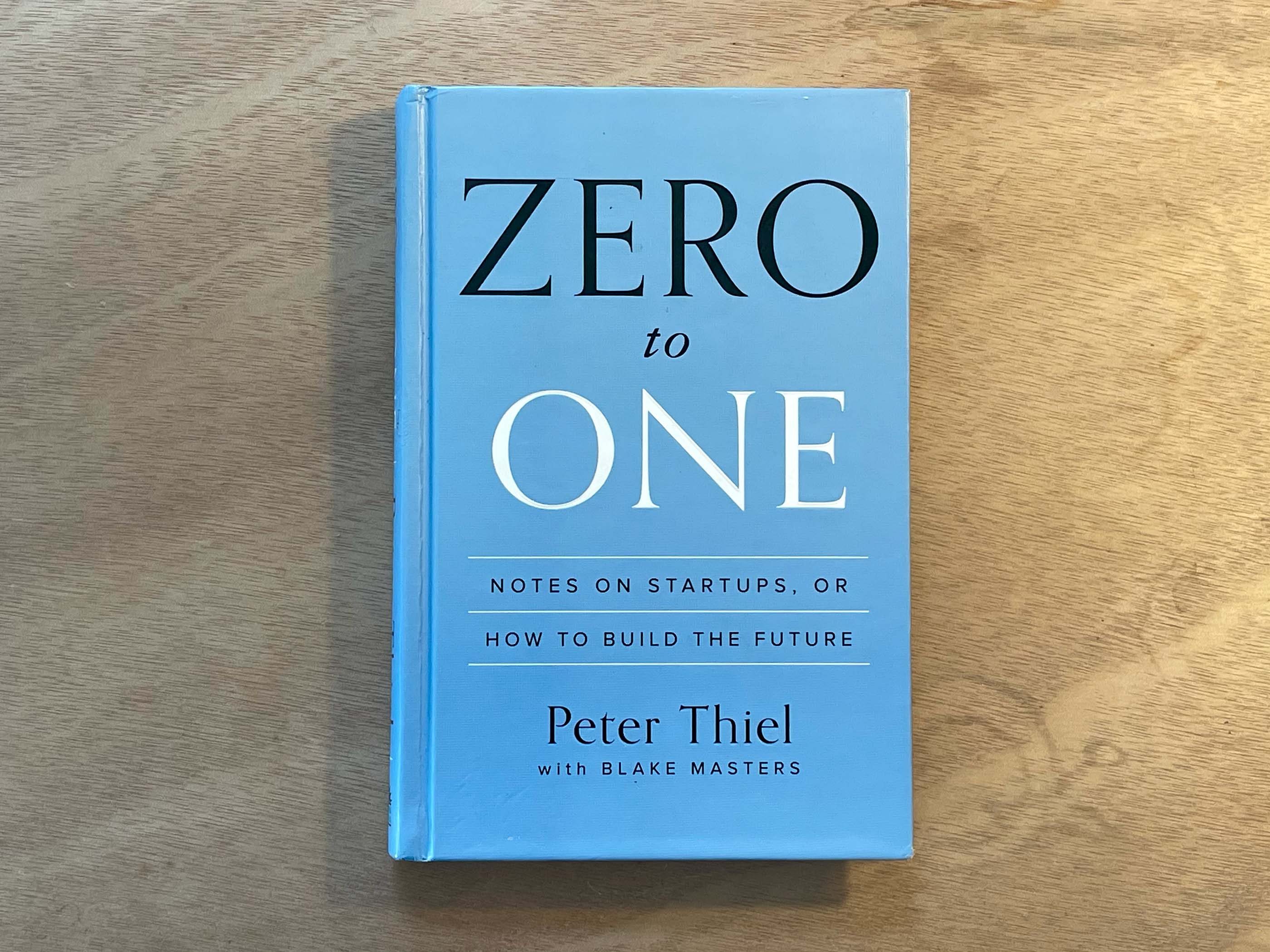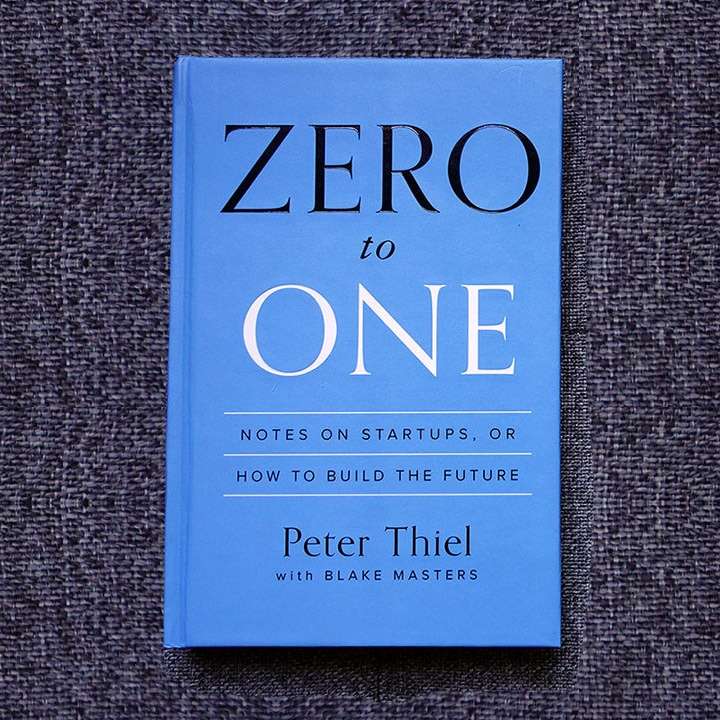“Zero to One” is a business book written by venture capitalist and entrepreneur Peter Thiel, co-founder of PayPal and Palantir. The book is an exploration of how startups can create new, innovative products and dominate markets, rather than simply competing in existing ones.
Thiel argues that businesses should aim to create something new and valuable, rather than just copying existing products or services. He emphasizes the importance of developing a strong and unique vision for a company, and of creating a team that is aligned with that vision.
Thiel also discusses the importance of building a monopoly in order to achieve long-term success, rather than just competing in a crowded marketplace. He argues that monopolies allow companies to earn sustained profits, which can be reinvested in further innovation and growth.
Throughout the book, Thiel provides numerous examples of successful startups and entrepreneurs who have followed his principles. He also shares his own experiences and insights from his career in Silicon Valley.
“Zero to One” is a thought-provoking and insightful book that challenges conventional wisdom about entrepreneurship and innovation. Thiel’s ideas may not be universally applicable, but they offer a valuable perspective on what it takes to build a successful and innovative company.

Zero To One Chapters
Chapter 1: The Challenge of the Future Thiel argues that progress in technology has stalled, and that we need to focus on creating new innovations to move society forward. He emphasizes the importance of creating new, valuable products rather than just copying what already exists.
Chapter 2: Party Like It’s 1999 In this chapter, Thiel discusses the dot-com bubble of the late 1990s and early 2000s. He argues that the optimism and excess of that era was misguided, and that we need to approach entrepreneurship and innovation with a more focused and strategic mindset.
Chapter 3: All Happy Companies Are Different Thiel emphasizes the importance of creating a unique and valuable product or service that sets a company apart from its competitors. He argues that successful businesses are built on a strong and differentiated value proposition.
Chapter 4: The Ideology of Competition Thiel criticizes the idea that competition is always good for businesses and consumers. He argues that in many cases, competition leads to a “race to the bottom” in terms of pricing and quality, and that businesses should instead aim to build monopolies in order to achieve long-term success.
Chapter 5: Last Mover Advantage Thiel discusses the advantages of being the last entrant into a market, rather than the first. He argues that companies that are able to enter a market with a superior product or service can often dominate the market and achieve long-term success.
Chapter 6: You Are Not a Lottery Ticket In this chapter, Thiel argues that individuals have more control over their futures than they may think. He emphasizes the importance of creating a unique and valuable career path, rather than simply following the conventional wisdom of others.
Chapter 7: Follow the Money Thiel discusses the role of venture capital in funding and growing startups. He argues that successful venture capital firms are able to identify and invest in the most promising startups, and that entrepreneurs should focus on building relationships with these firms.

Chapter 8: Secrets Thiel emphasizes the importance of secrecy and proprietary information in building a successful startup. He argues that companies that are able to keep their innovations secret are often better positioned to dominate their markets.
Chapter 9: Foundations Thiel discusses the importance of building a strong foundation for a startup, including a strong vision, a talented team, and a clear strategy for growth.
Chapter 10: The Mechanics of Mafia Thiel discusses the importance of building a cohesive and committed team, which he refers to as a “mafia.” He emphasizes the importance of hiring talented individuals who are aligned with the company’s vision and goals.
Chapter 11: If You Build It, Will They Come? In this chapter, Thiel discusses the importance of building a strong distribution strategy for a startup. He argues that businesses should focus on creating a distribution network that allows them to reach their target customers effectively.
Chapter 12: Man and Machine Thiel discusses the role of technology in shaping the future of society. He argues that technology has the potential to create significant changes in the way we live and work, and that businesses should focus on creating new and innovative technologies to move society forward.
“Zero to One” is a thought-provoking and insightful book that challenges conventional wisdom about entrepreneurship and innovation. Thiel’s ideas may not be universally applicable, but they offer a valuable perspective on what it takes to build a successful and innovative company.
*PLEASE NOTE-READ THE BOOK ALSO, SUMMERY IS THE SHORT EXPLANATION ABOUT THE BOOK IT IS IMPORTANT TO READ THE BOOK TO UNDERSTAND THE FULL CONCEPTS OF THE BOOK.
